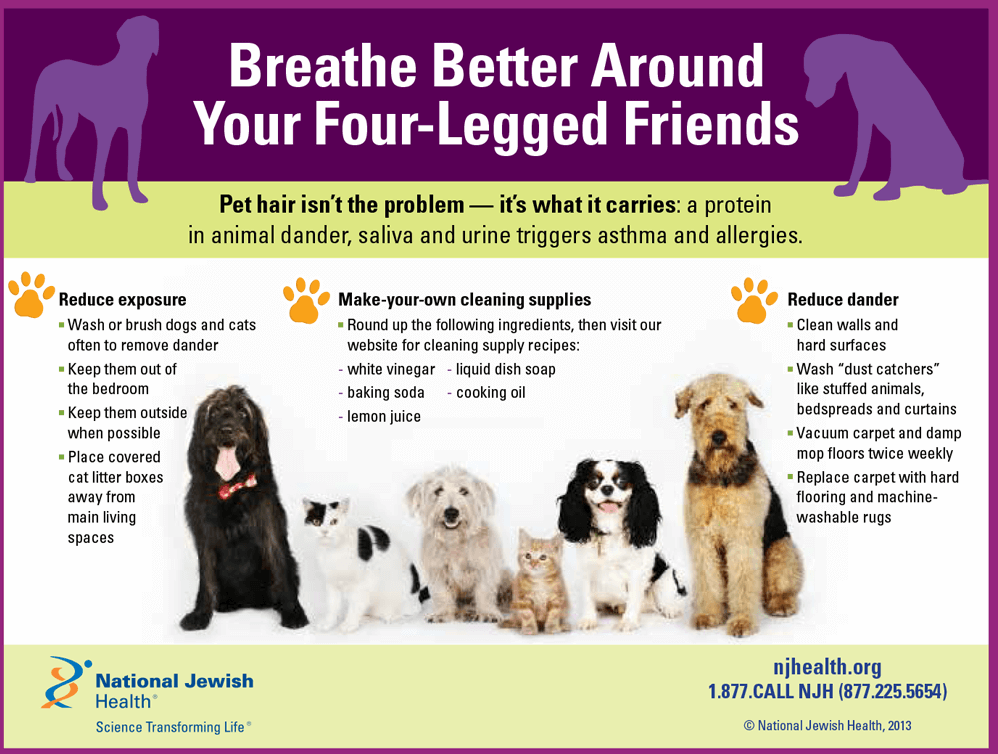Young puppy childcare is a fun means for your dog to hang out and burn off energy, but it's not appropriate for each pup. Guarantee your puppy is secure and prepared for the experience by visiting the facility in advance.
Generally, daycare is recommended for puppies in between 12 and 16 weeks old, after they have actually obtained their very first inoculations.
Inoculations
Most boarding and childcare facilities call for young puppies to have their first round of puppy inoculations before they can join in on the enjoyable. This is because the younger a family pet is, the extra in jeopardy they are for serious illness. The vaccination cycle assists to develop immunity with time by urging the animal's body to produce antibodies against certain diseases.
Puppies receive their first rounds of pet vaccinations from their mommy as she passes them via the placenta throughout birth. This maternal resistance lasts for a while yet will eventually wear away, so inoculation is required to maintain the pup healthy and balanced and safeguarded.
Some of these vaccines are injected and others are provided orally or with the nose utilizing decreases or sprays. Many negative effects of these types of puppy vaccines are mild and will pass within a couple of days. Hardly ever, a young puppy or kitty can experience a much more serious reaction to one of the vaccinations and will require prompt vet interest.
Socialisation
Young puppies with limited or no socialization can establish concern and aversions to new people, pets, and areas. Daycare subjects pups to a selection of individuals and various other pet dogs in a controlled setup to help them develop confidence and tolerance.
Puppies that regularly go to childcare discover to adapt to different settings, seems, and smells. This helps them get over stress and anxieties and fearfulness in unfamiliar situations such as veterinarian sees or public spaces.
Most pet dog day cares allow pups to play with various other pets and people in safe, monitored play teams. The team monitors interactions to ensure safety and encourage positive behaviors. They also have the training to get rid of a pup from a harmful situation faster than owners can. Preferably, a day care will have obedience training so pups can react to recall commands and stay clear of getaway efforts, canine battles, and injuries. They likewise train pet dogs to understand human and canine social signs, which can avoid aggressiveness or sensitivity.
Training
Pups require to discover that they can't constantly be bordered by their human household which having fun with close friends is fine as well. That's why training is crucial before a dog joins day care.
Ideally, a young puppy needs to have had basic obedience training, been personality tested and "interviewed" by the childcare personnel (i.e. spent time in a play team being watched by the staff to see exactly how they connect with other canines). This will certainly tell them about their character, likes/dislikes, concerns and power level to know whether daycare is the right suitable for your pet.
A good daycare will certainly collaborate with you to ensure your young puppy is secure, satisfied and has the most fun at daycare while you're away. This is particularly crucial for high power breeds (believe Labradors, Pit Bulls and Jack Russells) that are mosting likely to have a tough time draining all their power in the house and might also wind up getting damaging and/or irritating their neighbors or their furniture while they're WFH.
Healthcare
Young puppies have different preventative health care needs than grown-up pet dogs. They might have a higher risk of developing particular conditions, such as heartworm illness or tick-borne infections like Lyme illness. Vaccinations can lower the danger of these illnesses.
Puppies can also develop lasting health and wellness issues, such as arthritis or diabetes mellitus, if not worked out at a healthy and balanced level. Regular workout assists young puppies handle their weight and stops the advancement of undesirable eating.
The majority of childcares call for pet dogs to be totally immunized and made sterile or neutered dog kennels boarding before beginning childcare. Some facilities just approve older pets and may not have the ability to suit a pup. Look for a center that has floor-to-ceiling walls to safeguard family pets from air-borne illness. Many great day cares will certainly also be able to supply details on their cleaning protocols and how they keep pets separate from one another. Some may prohibit particular kinds of collars, including prong, martingale and choke collars as they can place the pet dog in jeopardy of injury or infection.
